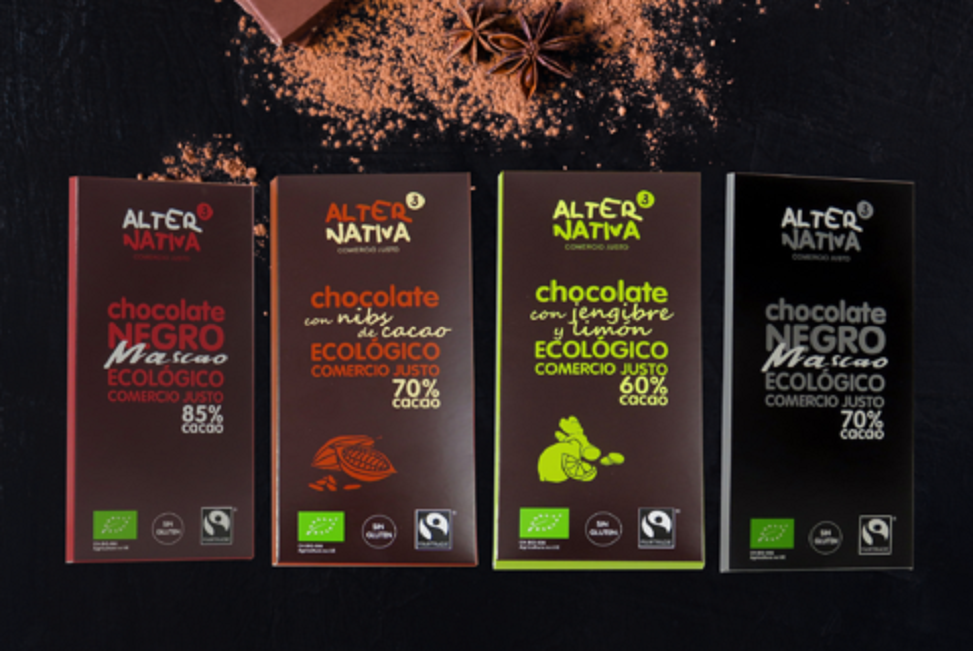What do you know about the history of chocolate? Surely you have already tried all the existing varieties, you have fallen in love with their flavour in all their versions, but... do you know their origin?
At AlterNativa3, we love curiosities! That's why we're going to take a look at some of the most relevant milestones of this delicious delicacy.
The origin of the history of chocolate
As you can imagine, it is difficult to know exactly where chocolate comes from. Some archaeologists have found remains from 1100 BC to 800 BC that would indicate Honduras as the place of origin. It is believed that the pods were fermented from cocoa for brewing beer, although the seeds were discarded because of their bitter taste. Later, the seeds would have been used to make a non-alcoholic sparkling beverage consumed on special occasions.
Other sources suggest that cocoa was considered, in pre-Columbian times, a food of the gods. It was reserved for the elite and, in fact, its consumption was forbidden for poor people. Mayas and Aztecs They even incorporated cocoa into their mythology and, in fact, the seeds became an important currency.
Arrival in Europe and the evolution of chocolate to the present day
Columbus had already received cocoa seeds as an offering, and it was Hernán Cortés who sent them to Spain. From here, spread to the rest of Europe and popularising in different countries. However, don't think that we are talking about the popular chocolate bar. At that time, fermented cocoa beans were used to make a drink to which, in addition, interesting properties were attributed. In Europe, to adapt it to the tastes of society, the spices used in America were replaced by milk, honey and sugar.
The leap to France and other countries was only a matter of time. What is not clear is where the first chocolate bars were produced. However, we can say that chocolate and chocolates were already in existence in the middle of the 19th century. Milk chocolate, however, is attributed to Switzerland in 1875.
The Industrial Revolution also played an important role in the production of chocolate. The changes that took place in this respect led to chocolate being produced in large quantities - sometimes, of course, to the detriment of quality.
And now?
Interestingly, this is something we are beginning to reverse today. We are slowly returning to a sustainable and sustainable philosophy. "bean to bar. A philosophy that makes us rely on cooperatives that guarantee a careful production, even if in smaller quantities.
The trend seems to be to go back to the beginning of chocolate's history, when it was a delicacy. What about you? Which variety do you prefer?
- 10-09-20

